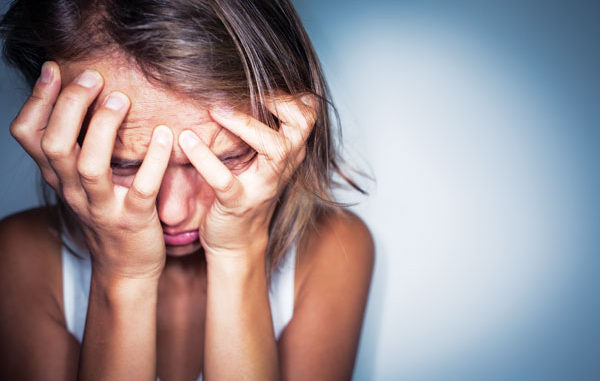
Though Lucille Ball might have you think that listlessness and general despondency can be solved with a spoonful of Vitameatavegamin, depression and anxiety are serious and surprisingly common mood disorders suffered by millions of women in the U.S. alone.
According to Mary Raymond, a Family Nurse Practitioner at Dameron Hospital’s Ambulatory Care Center, the Center for Disease Control reports 20% of women will experience depression in their lifetime and have higher rates than men across all age groups. What’s more surprising is Raymond has observed in her practice many women don’t recognize their condition, even though they are experiencing many of the typical symptoms of depression.
So how do women in today’s chaotic times determine whether they’ve simply had a rough day (or week, or month) or if they’re experiencing clinical depression? Some things to look out for are no longer enjoying things you once did, trouble sleeping, fatigue, increased appetite or loss of enjoyment for food, weight changes and even the inability to make simple decisions. Also, depression sufferers might experience feelings of guilt or lack of self-confidence. The most severe symptoms are, of course, thoughts of suicide or desire to inflict self-pain.
Unfortunately, it can be difficult to diagnose depression because patients with these complaints frequently seek treatment for specific symptoms without considering the underlying cause. What commonly goes unnoticed are more serious causes of depression like relationship issues, abuse, stress, and financial worries. In these situations, patients are reluctant to share the circumstances that might be playing a role in their depression, making it difficult to treat.
In cases where depression is diagnosed, there are increasingly wide and varied forms of effective treatment. The combination of medication and counseling is the best approach, according to Raymond, and physical exercise like yoga and relaxation techniques are valuable adjuncts to treatment.
And while benzodiazepines or tranquilizers offer immediate relief from symptoms, these are highly habit-forming and are typically only recommended for short-term use. Raymond also explains another resource not enough people utilize is support from their employer. Many employers offer confidential employee assistance programs, which are useful in coping with life challenges.
Fortunately for many of us who are already suffering from or susceptible to depression and anxiety, there are qualified professionals like Mary Raymond, NP, equipped and eager to help.
“I enjoy my practice because it gives me the opportunity to provide women with much-needed affirmation and tools to empower them,” says Raymond. “But it’s important to understand that medication alone is rarely enough and will often fail when not used in conjunction with other forms of treatment. Having an outsider provide thoughtful, active listening, moral support and being able to ventilate has therapeutic value to the patient. But ultimately, it’s up to the patient to seek help and make a change.”




